Intro
Discover the ultimate Pregnancy Weeks And Trimesters Guide, covering fetal development, symptoms, and milestones for a healthy pregnancy journey, including first, second, and third trimester insights.
Pregnancy is a remarkable journey that brings about significant changes in a woman's body, both physically and emotionally. Understanding the different stages of pregnancy is essential for expectant mothers to ensure a healthy and happy pregnancy. The journey of pregnancy is typically divided into three trimesters, each lasting approximately 13 weeks. In this article, we will delve into the world of pregnancy weeks and trimesters, exploring the milestones, symptoms, and developments that occur during each stage.
As the pregnancy progresses, the fetus grows and develops at an incredible rate, and the mother's body undergoes numerous changes to support this growth. From the early symptoms of pregnancy to the final stages of preparation for childbirth, each week and trimester brings new experiences and challenges. Whether you're a first-time mother or having another child, understanding the different stages of pregnancy can help you navigate this journey with confidence and excitement.
The journey of pregnancy is a unique and individual experience for each woman, and while some may experience similar symptoms and developments, others may have entirely different experiences. However, by understanding the general milestones and stages of pregnancy, expectant mothers can better prepare themselves for the journey ahead. In this article, we will explore the different weeks and trimesters of pregnancy, discussing the physical and emotional changes that occur during each stage, as well as providing valuable tips and advice for a healthy and happy pregnancy.
Pregnancy Trimesters Overview
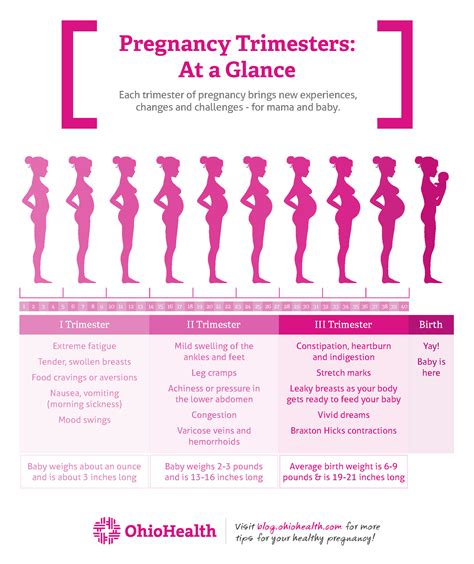
First Trimester (Week 1-12)
The first trimester is a time of significant change and development, as the fetus grows from a tiny embryo to a fully formed fetus. During this period, the major organs and body systems begin to form, and the fetus's heart starts to beat. The first trimester is also a time of significant hormonal changes, as the levels of estrogen and progesterone surge to support the growth of the fetus.First Trimester Symptoms and Developments
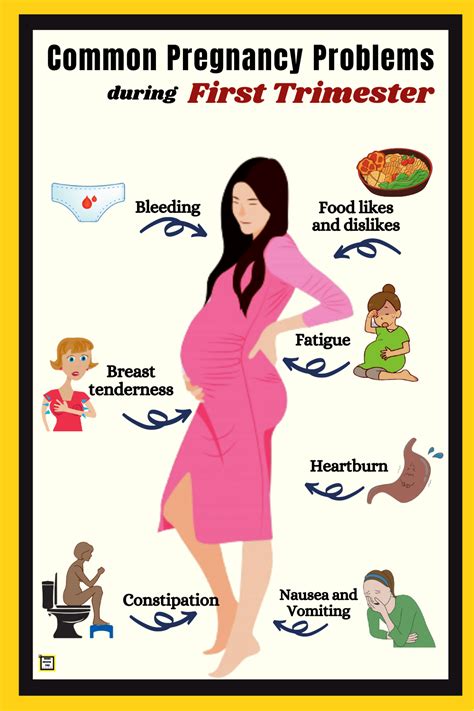
Second Trimester (Week 13-26)
The second trimester is often referred to as the "golden period" of pregnancy, as the morning sickness and fatigue of the first trimester begin to subside. During this period, the fetus continues to grow and develop, and the mother may start to feel more energetic and confident. The second trimester is also a time of significant fetal development, as the fetus's senses begin to develop, and it starts to move and respond to stimuli.Second Trimester Symptoms and Developments
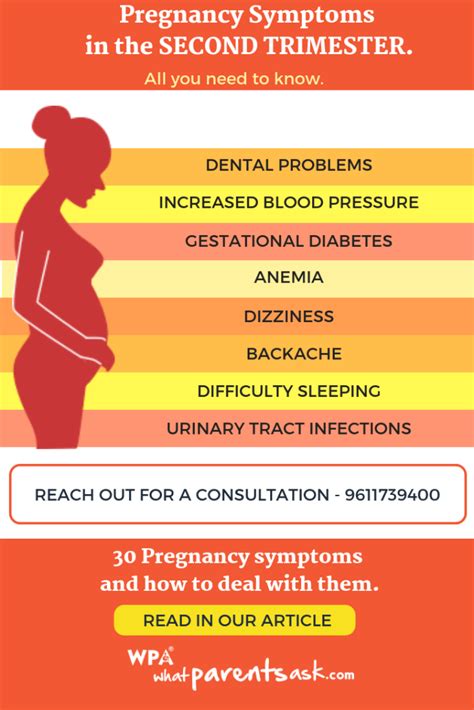
Third Trimester (Week 27-40)
The third trimester is a time of rapid growth and preparation for childbirth, as the fetus gains weight and the mother's body prepares for labor and delivery. During this period, the fetus's lungs mature, and it starts to produce surfactant, a substance that helps it breathe after birth. The third trimester is also a time of significant physical changes, as the mother's body prepares for childbirth and the demands of parenthood.Third Trimester Symptoms and Developments
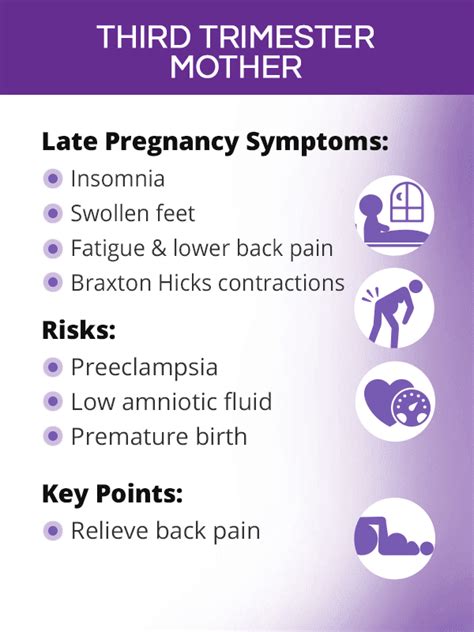
Pregnancy Weeks Guide
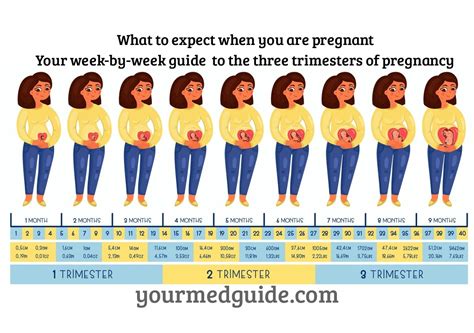
- Week 1-4: Implantation, fertilization, and early embryonic development
- Week 5-8: Embryonic development, organ formation, and fetal heartbeat
- Week 9-12: Fetal development, sensory development, and early movement
- Week 13-16: Fetal growth, sensory development, and maternal physical changes
- Week 17-20: Fetal movement, maternal physical changes, and preparation for parenthood
- Week 21-24: Fetal growth, maternal physical changes, and preparation for childbirth
- Week 25-28: Fetal lung development, maternal physical changes, and preparation for parenthood
- Week 29-32: Fetal growth, maternal physical changes, and preparation for childbirth
- Week 33-36: Fetal weight gain, maternal physical changes, and preparation for parenthood
- Week 37-40: Final preparation for childbirth, fetal weight gain, and maternal physical changes
Pregnancy Tips and Advice
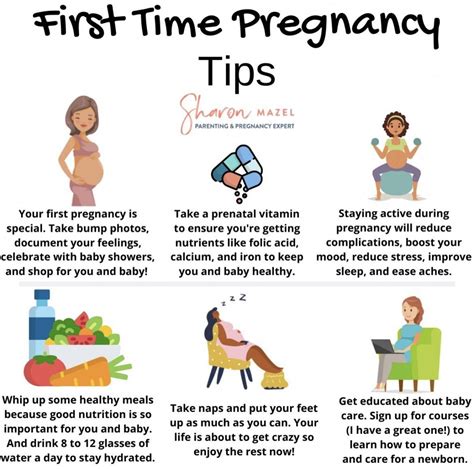
Pregnancy Complications and Risks
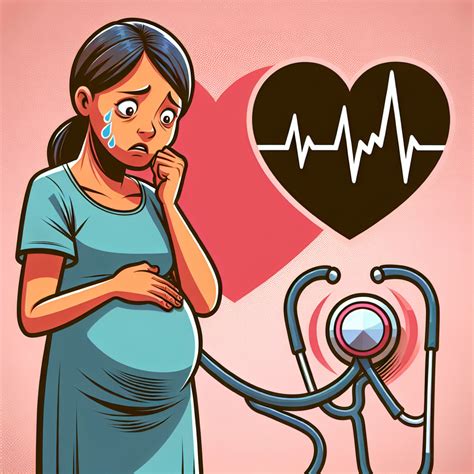
Pregnancy and Mental Health
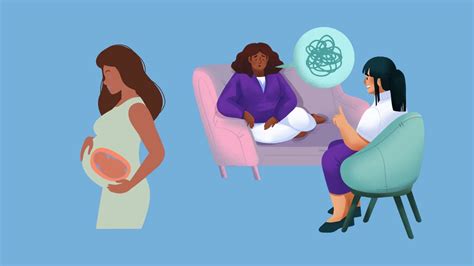
Pregnancy and Nutrition
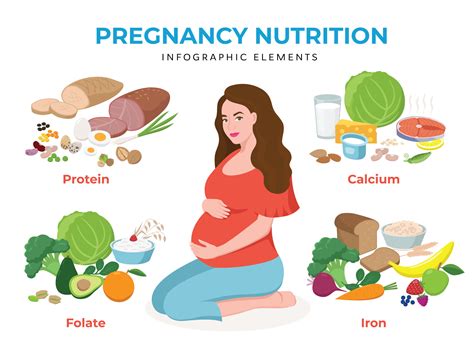
Pregnancy and Exercise

What are the most common symptoms of pregnancy?
+The most common symptoms of pregnancy include morning sickness, fatigue, breast tenderness, and frequent urination.
How often should I attend prenatal appointments?
+Expectant mothers should attend prenatal appointments every 4-6 weeks during the first and second trimesters, and every 2-3 weeks during the third trimester.
What are the risks of pregnancy complications?
+Pregnancy complications can increase the risk of miscarriage, premature labor, and fetal growth restriction, among other health issues.
How can I maintain a healthy diet during pregnancy?
+Expectant mothers should focus on consuming a balanced diet rich in whole grains, fruits, vegetables, lean proteins, and healthy fats.
What are the benefits of exercise during pregnancy?
+Regular exercise during pregnancy can help expectant mothers stay fit, reduce the risk of pregnancy complications, and prepare for childbirth.
As we conclude this comprehensive guide to pregnancy weeks and trimesters, we hope that expectant mothers have gained a deeper understanding of the incredible journey that lies ahead. From the early symptoms of pregnancy to the final stages of preparation for childbirth, each week and trimester brings new developments and milestones. By staying informed, focused, and positive, expectant mothers can navigate this journey with confidence and excitement, and welcome their new baby with joy and love. We invite our readers to share their own pregnancy experiences, ask questions, and seek advice from our community of expectant mothers and healthcare professionals. Together, we can support and empower each other on this incredible journey of pregnancy and parenthood.
